If you prefer PDF, download it here.
6 areas for our first impact report
#1 A mission to help companies to help the world
#2 Considering ownership of our suppliers
#3 We chose an ethical bank
#4 Our amazing clients
#5 Feedback on our performance
#6 Our commitment to give
#1 Mission: help companies who help the world
First up, our mission is to unlock the potential of the new economy to leave behind a better world. We try to work with companies who improve the world. We created a system to evaluate each company we work with, in line with the UN's Sustainability Development Goals. And it's been helpful, directly changing who we decide to work with, and we also offer 30% and 50% discounts for those make a real positive impact.
A conscious framework & goals
We rate each company against each of the 17 SDGs as being either destructive, negative, neutral, partially/in-directly positive or directly tackling an issue. Each level gets a negative or positive score. If there are any destructive we wont work with them, if they have any negative they need to have several positive, and then based on the points they fall into good, great (30% discount), or amazing (50% discount) levels. We set a target to do 10% of our work for companies at good, 80% great, and 10% amazing.
So... how did we go in our first 12 months?
Well we ended up spending 10% of our time on good, 45% on great and 44% on amazing. That means we discounted 35.7% of our time and potential billings, which equates to 1,184 hours we didn't charge for.
We did roughly 20-25 days free or probono work for a few special projects.
So we're pretty happy, we discounted more work, and donated more time than we targeted - it wasn't without challenge, as it meant we had to work probably an extra 20% on average - but it was so worth it.
We're baking it into our constitution
A constitution is a legal document that defines your companies structure, purpose, ownership, etc. So we decided to add our mission statement to it, as well as our commitment to being a B Corp and how we'll upload those standards, like bi-annual reviews of our B Impact Assessment.

#2 Considering ownership of our suppliers
Before applying to be a B Corp suppliers weren't something we'd consciously thought about - but it's an interesting one to think about. Who we give our money to (for goods/services) can have a positive/negative impact.
Each supplier classified
We classified our suppliers as either being a local (Melbourne) & independent business, owned by diverse communities (i.e. women, refugees) or 'standard' (think Office Works, Ikea, Slack). *We excluded rent, utilities, donations, taxes & salaries in these calculations as B Corp don't factor them in.
We're a tiny business and our expenses are relatively simple - we spent on some contractors, office supplies, accounting/legal, media and a long list of random things like office plants, catering and software, 54 companies to be precise.
Where we spent in the first 12 months
We spent 4.59% with 2 suppliers with diverse ownership, 51.28% with 15 independents in Melbourne & 44.13% with 37 'standard' organisations.
(One large supplier in 'standard' group was a conscious accounting firm Inspire CA who are doing LOTS of great stuff, but because they are based in Brisbane they don't 'technically' count as local.)
We hadn't really thought about it before today - but we will in 2020 and aim to increase our spend with the diverse ownership group, and reduce our spend standard. That'll be tricky because so much of it was with software like Google, Facebook, Slack and Telcos where there aren't many alternatives - but we'll try!
Since doing this exercise we switched our NBN to Goodtel who are a new locally owned Telco, giving 50% of profits to causes, and one of our clients!
We thought about publishing the whole list, but thought it's overkill and most people wouldn't care, if anyone is interested we can.

#3 We chose an (awesome) ethical bank
This is something we were aware of at the very start of setting up Harvey. We learnt there are banks and there are Good banks and that your money never sits 'idle' but has the power to be a positive or destructive force.
We set up Harvey for Good so when it came to choosing a bank, there wasn't any choice but to choose a Good bank. We only considered three banks, Bank Australia, Bendigo and Beyond Bank (because we apparently like the letter B) mostly because we were busy (there are many other Good banks). But we still had to compare and make a decision. And decisions are hard. Read more about the process we took to landing on our decision with Bank Australia on one of our first blog posts.
So when it came to the our B Corp assessment, it was easy to tick these boxes:
- Member of the Global Alliance for Banking on Values
- Cooperative bank or credit union
- Local bank committed to serving the community
- Independently owned bank

#4 Our amazing clients
We were honoured to work with a total of 24 different clients in 2019! Ranging from setting business vision, marketing and brand strategy to marketing technology stack audits to market research and user testing to marketing masterclasses to implementing crowdfunding, national awareness or one-off digital optimisation campaigns to get leads and return customers.
It's been a dream working with legends from all different walks who are creating something new, solving customer problems, are open and transparent and improving the world.
Here are those amazing companies:
A.BCH
Actiivus
Alkhemy
Arne
ATEC* Biodigesters
B Corp Australia & New Zealand
Bank Australia
Bridge Road Brewers
Clear Horizon Academy with GMG Digital
Crema Joe
Culture Hero (previously Project Play)
Goodtel
It's My Shout
Jaunt
Jem Fuller
KidsCo
Leading Beings
Meno House
LVLY
My Word
One Roof
OORR
Peninsula Hot Springs
Pronto Bottle
RMIT Activator
The Fashion Advocate
Whole Kids
It's hard to count exactly but roughly we did:
- 7 brand strategies
- 7 major campaigns
- 6 content strategies
- 3 technical / data strategies
- 4 website rebuilds
- 12 tiny paid digital campaigns
- 2 business vision & strategies
- 7 customer research reports
- 4 funnel audits & strategies

#5 Feedback on our performance
We implemented a bi-annual feedback survey which we conducted in in June and Dec 2019 to get an idea on how we're going and what we could be doing better.
Across both surveys got consistent feedback, in our first round we used it to update our brand and offering - everything you see today on www.weareharvey.com
- We learnt everyone would or already have recommended us. That means so much. Seriously. NPS 92. (92% promoters, 8% neutral, 0% detractors)
- They used words like trust, integrity, approachable, friendly and purpose to describe us.
- 50-75% were interested in these 4 services- Marketing, brand & content strategy - Conversion optimisation (lead capture, CRM, website)- Digital Marketing execution (content, facebook ads, etc)- Business growth strategic planning.
- 62% thought we were good value, 28% said we could charge more, 0% that we charged to much. We loved this and want to maintain this high value for money rating.
- The improvement areas were around taking on too much work, managing/juggling our time effectively and concerns about our ability to scale to support our clients. All good points for us to focus on as we enter year 2.
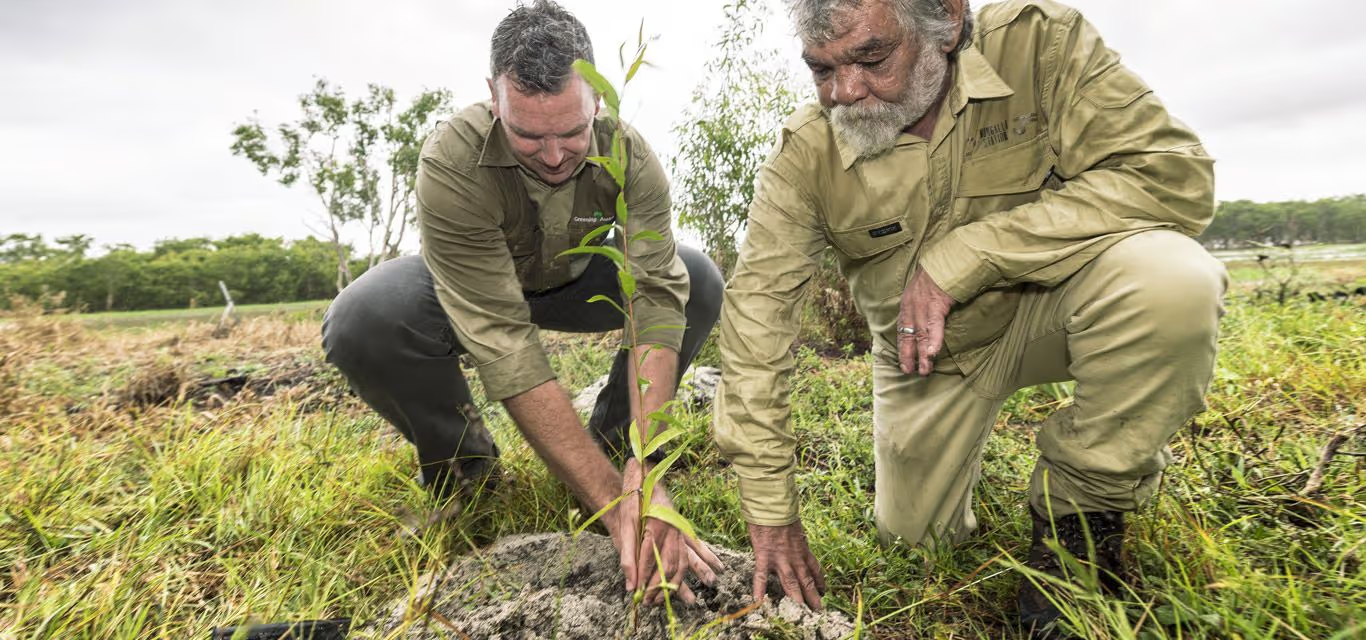
#6 Our commitment to give
'Designed to Give' is a section in the B Corp assessment that personally challenged us the most... in a good way. This is where they recognise standing commitments to provide significant portions of company profits, revenue, equity or time to charitable causes.
While this section isn't mandatory to be certified we saw the formal commitment to donate a min % of revenue to charitable partners as a personal challenge to live out our values.
Being such a large sum of money (for us) we took time to consider this, the rational realities of our business, including tight cashflow, against all those practical realities - we were reminded of the quote:
You can never lose by giving
And of course the planet is more important than our little lives, plus we want our grand kids to have a future.
We made a donation of $11,784 to Greening Australia.
We chose Greening Australia because as with many with the recent bushfires and a stronger understanding of the realities of long-term climate trends, the environment and our home planet weighed heavily on our hearts. Greening Australia are doing incredible work in solving complex environmental problems through conversation on a massive scale, with programs covering millions of hectares of land and protecting hundreds of native species. They are a quiet achiever and we're so proud to be able to support the critical work we're doing.
After validating with some trusted industry colleagues, and reviewing their reports and third-party assessments we were confident the money will have real impact.
Greening Australia aims to restore 330,000 hectares of native trees across Australia by 2030.
Drawing on the expert input of Traditional Owners, scientists and local land managers, we will plant 500 million trees and shrubs to store carbon, create quality habitat for native wildlife, and restore degraded farmland. These 500 million trees and shrubs will absorb over 1.3 million tonnes of carbon dioxide per year by 2030, and reduce atmospheric carbon pollution.
Our donation translates to to planting enough trees and shrubs to store 240 tonnes of carbon dioxide by 2030. This is just one aspect of their impact, to see everything this quiet achiever has been doing check out their 2019 impact report.
Thank you to everyone who worked with us this year to help put us in a position where we can give a % of our revenue away.
A few other things we're grateful for in our first year...
- We didn't kill each other working as husband and wife ;)
- We had the privilege of going on our first 'impact trip' to witness firsthand the life-changing work our client ATEC* Biodigesters are doing in rural Cambodia
- We hosted an intimate gathering of inspiring world changes to celebrate 'Better Business for a Better World' as part of B Corp Month
- We found our work family and support network with the One Roof community
- We learnt so much about impact businesses, different industries, technologies and new marketing hacks (which we're gearing up to share through Harvey Academy)
- We made new connections and life-long friends with bloody legendary people

That's the first Annual Impact Report for Harvey. We're figuring this all out as we go, so we'll probably make updates to this post as we get feedback and improve how we do it next year!
Here's to unlocking the potential of the new economy to leave behind a better world.







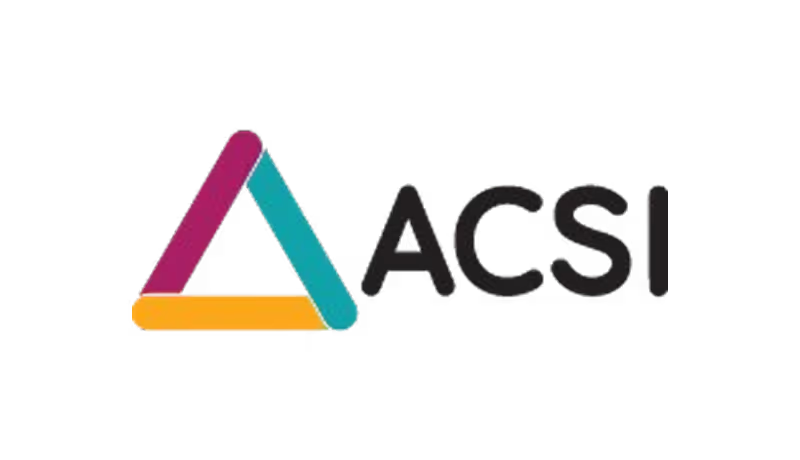





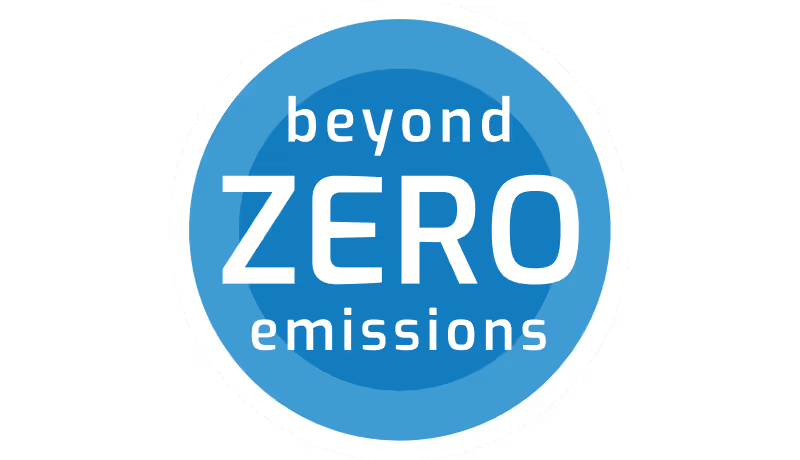

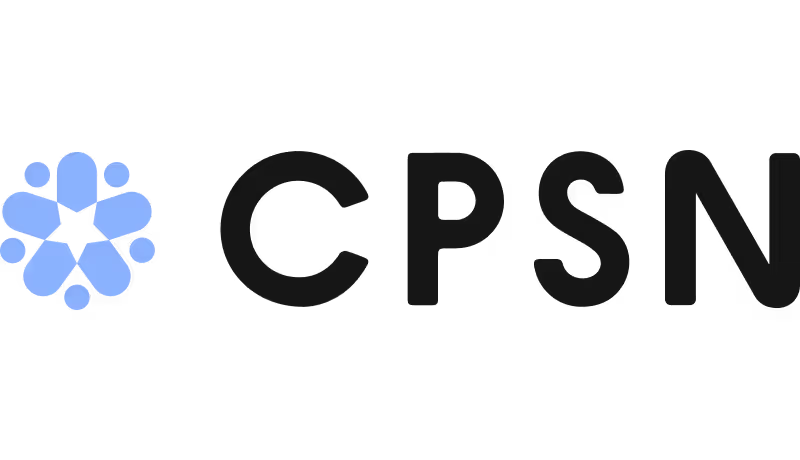


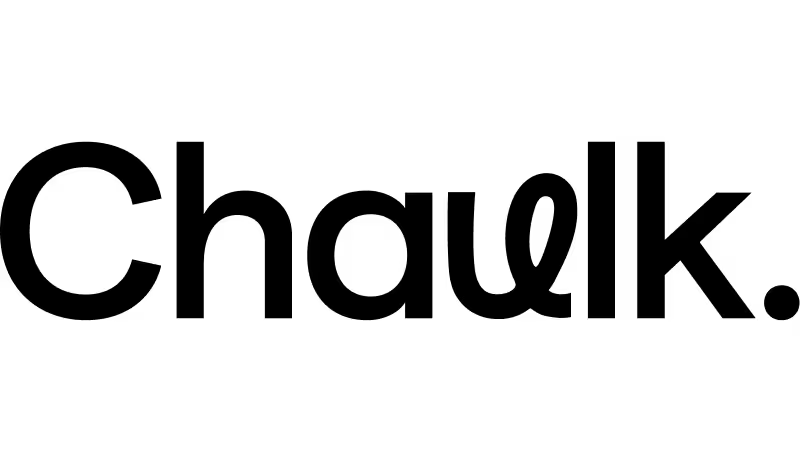
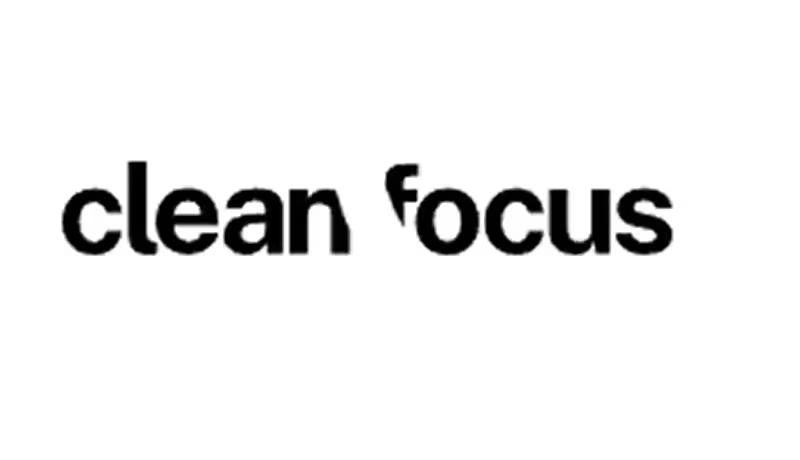


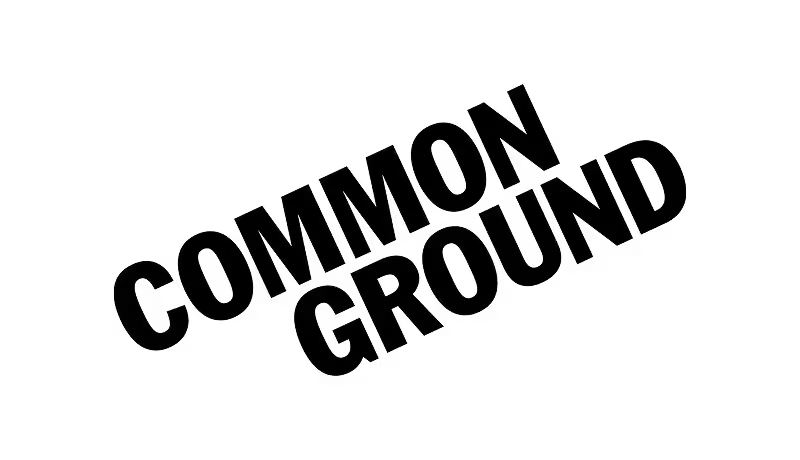

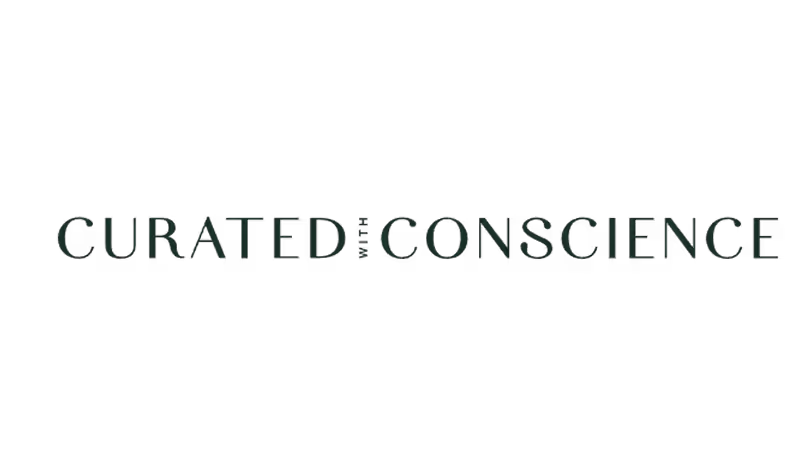






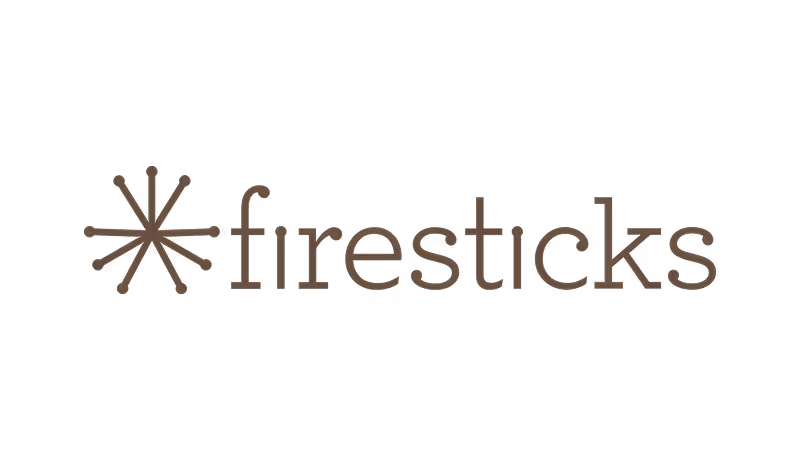
.avif)

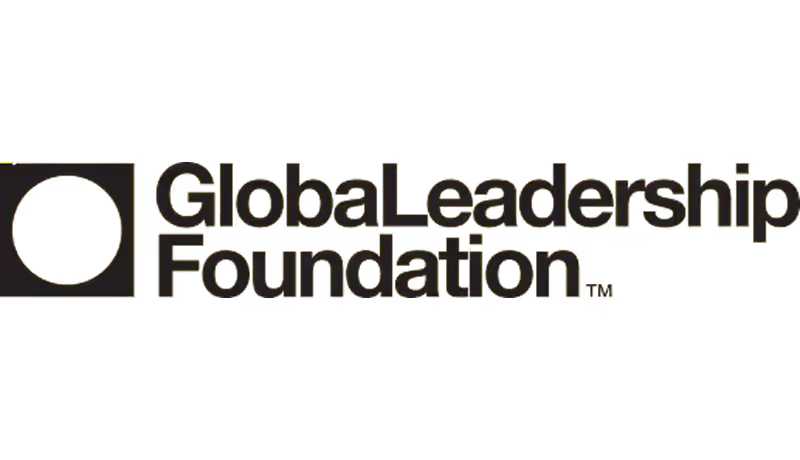



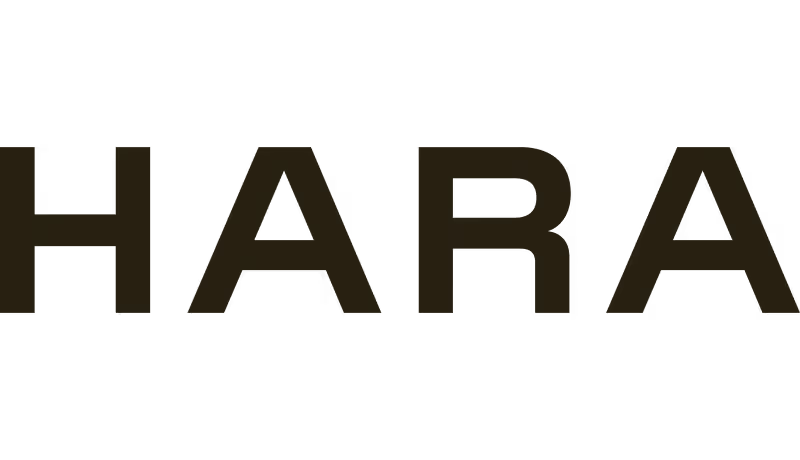

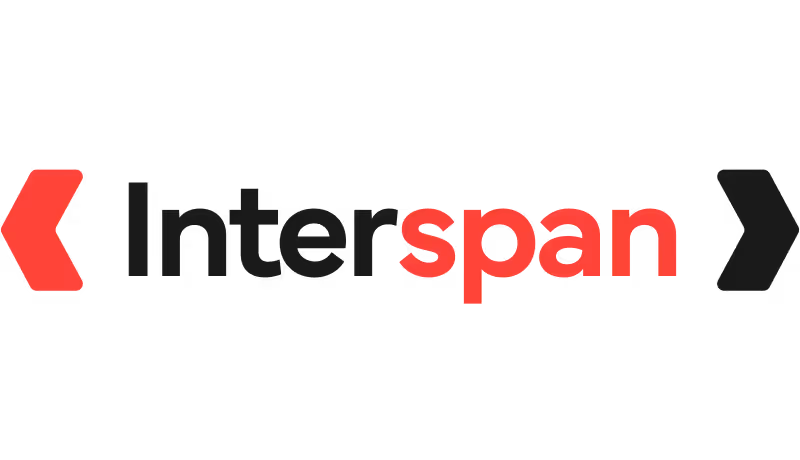






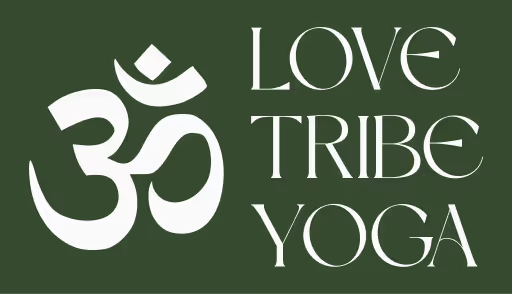



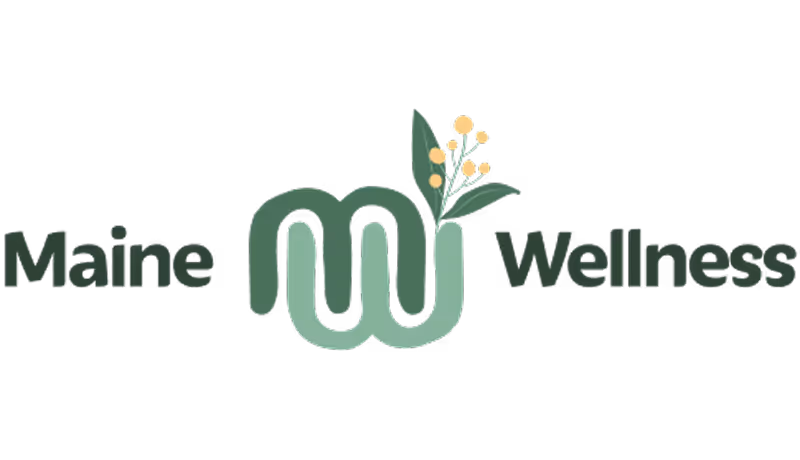


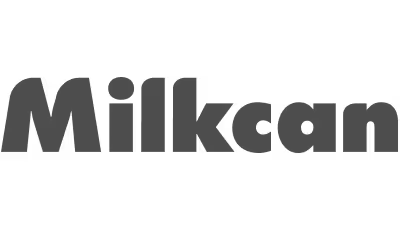





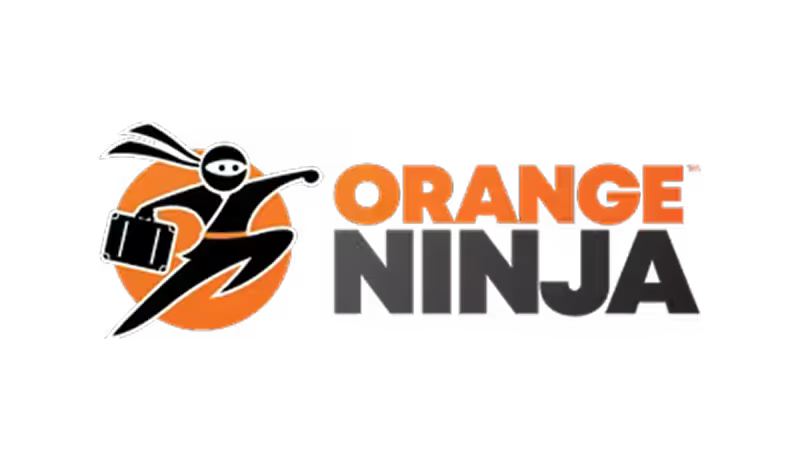

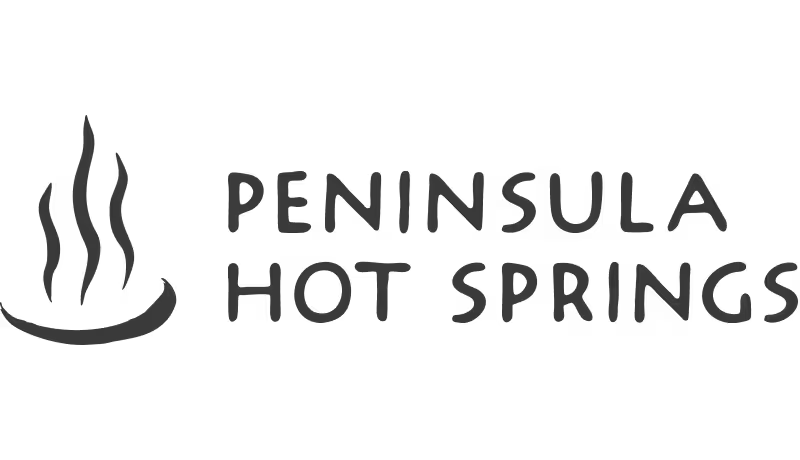
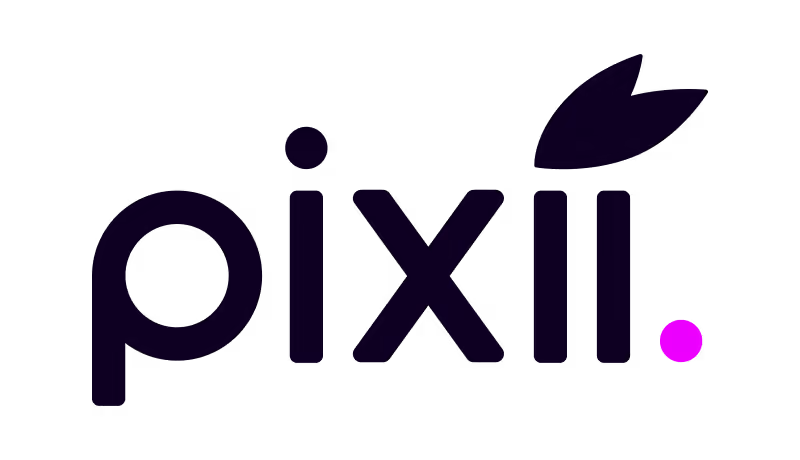




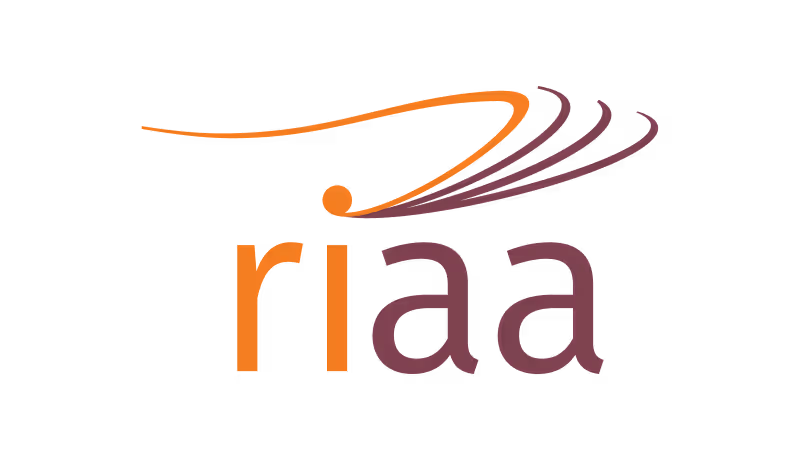












.avif)


































